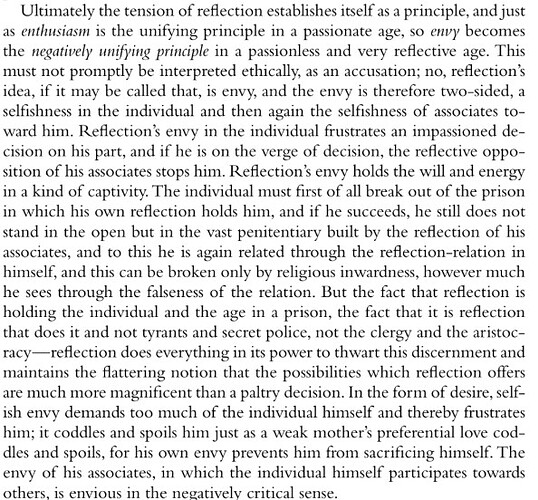Essence is a word that does not clarify messages, rather the opposite. I agree that it could (should) be left in the darkness of history. Not useful.
This discussion about ‘essence’ has been useful in the sense that it has made me think about what is permanent and what is transient in our lives. It seems there are very few things that are permanent or even semi-permanent in us.
Our body changes and ages. Even our brains change.
Our thinking, hopes and interests change.
Our values change, more or less.
Feelings are fleeting illusions.
Our relationships change.
What we believe is initially mostly copied from what others tell us. As we grow, gain knowledge and start to think more independently, the copied beliefs start to change towards our own ideas. Yet, even the new ‘own ideas’ are largely copied or reflection from the input we get and change as we learn more.
What is more permanant are the features that are used for identification, like fingerprints, eye pattern and DNA. Even these may change a bit but stay similar enough to help in identification.
The spiritual side of us (whatever that is) does not either seem to be permanent. Spiritual rebirth is the most substantial change possible, as @Mervin_Bitikofer wrote.
According to classical Christianity, our current physical, mortal body will one day be replaced with a ‘spiritual’ body, at least if we ‘stay in Christ’. What happens after that is something that will only be revealed when we experience it.
What is the ‘me’ that stays when our current body changes to the ‘spiritual’ body?
I do not really know. It could be the assumed ‘soul-spirit’, an idea that has been circulating among Christians from the first centuries onwards. It could as well be something else, like God transferring our identity to the new body when He resurrects us.
If there is some kind of ‘soul-spirit’ that continues living after our mortal body dies, then there is something permanent that stays through ages. Otherwise, the only semi-permanent features seem to be those that can be used in our identification. That would mean that ongoing change is the most permanent feature of ‘me’, at least during this life. My ‘essence’ would be a continuously moving target.

